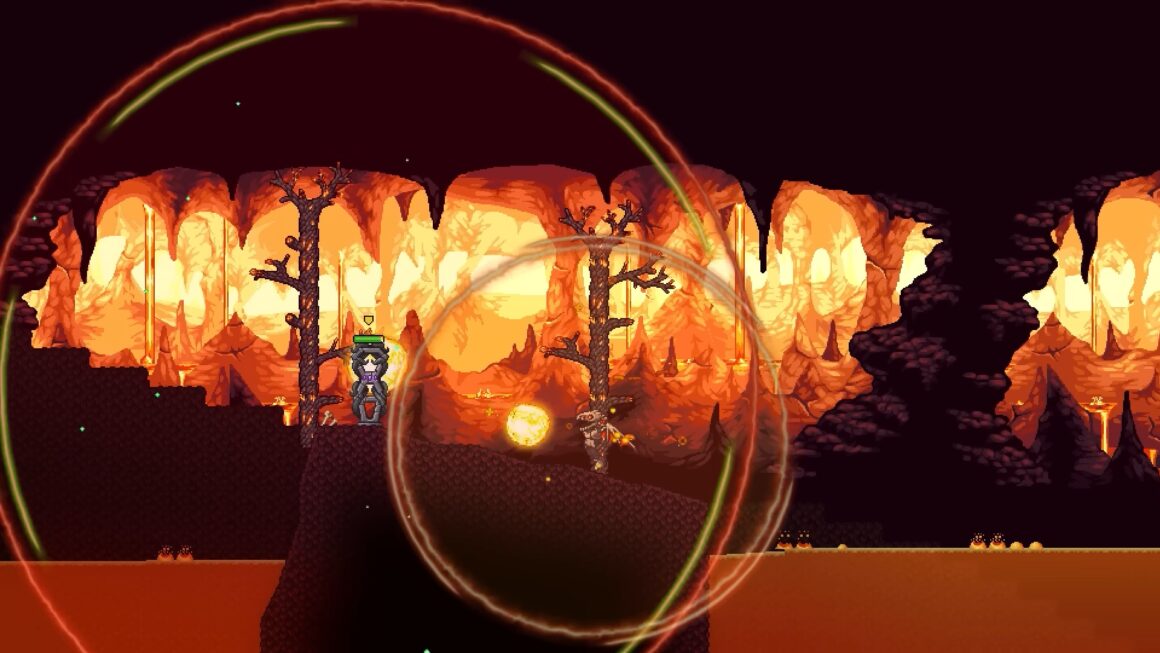A Launch That Never Happened
An unusual situation came to light recently involving Steam and indie studio Permadeath. Their game Planet Centauri, a 2D sandbox with survival and creature-collection elements, finally left early access in December 2024 after nearly a decade in development. By then, the game had accumulated over 100,000 sales and more than 130,000 wishlists. Everything pointed toward a strong 1.0 launch.
Instead, disaster struck. In the first five days, Planet Centauri sold only 581 units. The game didn’t appear in Steam’s “New & Trending” section, didn’t catch the algorithm’s attention, and barely registered with YouTubers or streamers. For a studio depending on the 1.0 boost to keep development alive, it looked like the game had flopped.
Nine months later, Valve admitted what really happened: a rare bug in Steam’s system prevented launch notification emails from being sent to wishlisters. Without those emails, the game lost its initial momentum, the critical moment where visibility snowballs into broader discovery. The bug has affected fewer than 100 games since 2015, but for Permadeath, it was devastating.
Why Didn’t Valve Compensate the Studio?
At first, it’s easy to ask why Valve didn’t offer financial compensation. The developers clearly lost money due to Valve’s error. Spotlighting the game later in Steam’s Daily Deals helped, but it was not the same as directly reaching the 130,000 people who had expressed interest. Even a modest conversion rate of 5% from those wishlists would have meant thousands of sales, and possibly enough money to keep updates flowing.
The reason for no payout likely comes down to contracts and precedent. Steam’s developer agreements usually limit liability, protecting Valve from being sued over technical errors unless there’s gross negligence. Offering compensation would risk setting an expectation across the entire platform, something Valve probably wants to avoid given its size. Visibility boosts are easier to offer than financial restitution, even if they don’t cover the loss.
The Game’s Mixed Reception
The long early access run complicates things. Over those nearly 10 years, Permadeath sold more than 100,000 units, earning revenue estimates between $742,500 and $1.4 million. By indie standards, that’s a success story. Unfortunately, the studio burned through the funds, making personal sacrifices to keep going.
Reviews of the 1.0 release are “mostly positive,” but negative ones highlight features that were promised but never materialized. Bugs, missing systems, and the decade-long development created frustration among some players. From that perspective, even if the Steam bug hadn’t happened, the release might still have faced backlash.
Yet here’s the key point: the developers believed their game had failed. Without sales momentum, they assumed there was no demand and moved on to a new roguelike project. Now that they know the bug was responsible, the situation looks different. They can’t afford to go back.
Who Really Lost Here?
In the end, the customers lose. People who paid for Planet Centauri deserve a polished, feature-complete product, but the studio has moved on. Offering the game for free before their next launch might sound like a clever marketing trick, but if Planet Centauri remains unfinished, it risks souring public opinion on whatever comes next.
The tragedy is that a single technical error on a platform controlling 99% of the PC gaming market can derail nearly a decade of work. Valve’s honesty in admitting the bug deserves recognition, but honesty alone doesn’t restore lost momentum, lost revenue, or lost trust.
Platform Power Without Accountability
This case forces a bigger question: what happens when a platform mistake costs a developer everything? For an indie studio, the launch window isn’t just important. It’s survival. Steam holds extraordinary power over visibility and discovery. When its systems fail, there are no real safeguards for small studios caught in the fallout.
Valve’s goodwill spotlight was something, but it wasn’t enough. The truth is that players, developers, and even the industry at large rely on invisible mechanisms like wishlist notifications. When those mechanisms break, the damage is irreversible. Until platforms like Steam consider financial remedies for their own errors, indie developers will continue bearing all the risk, while customers are left with half-supported games.






